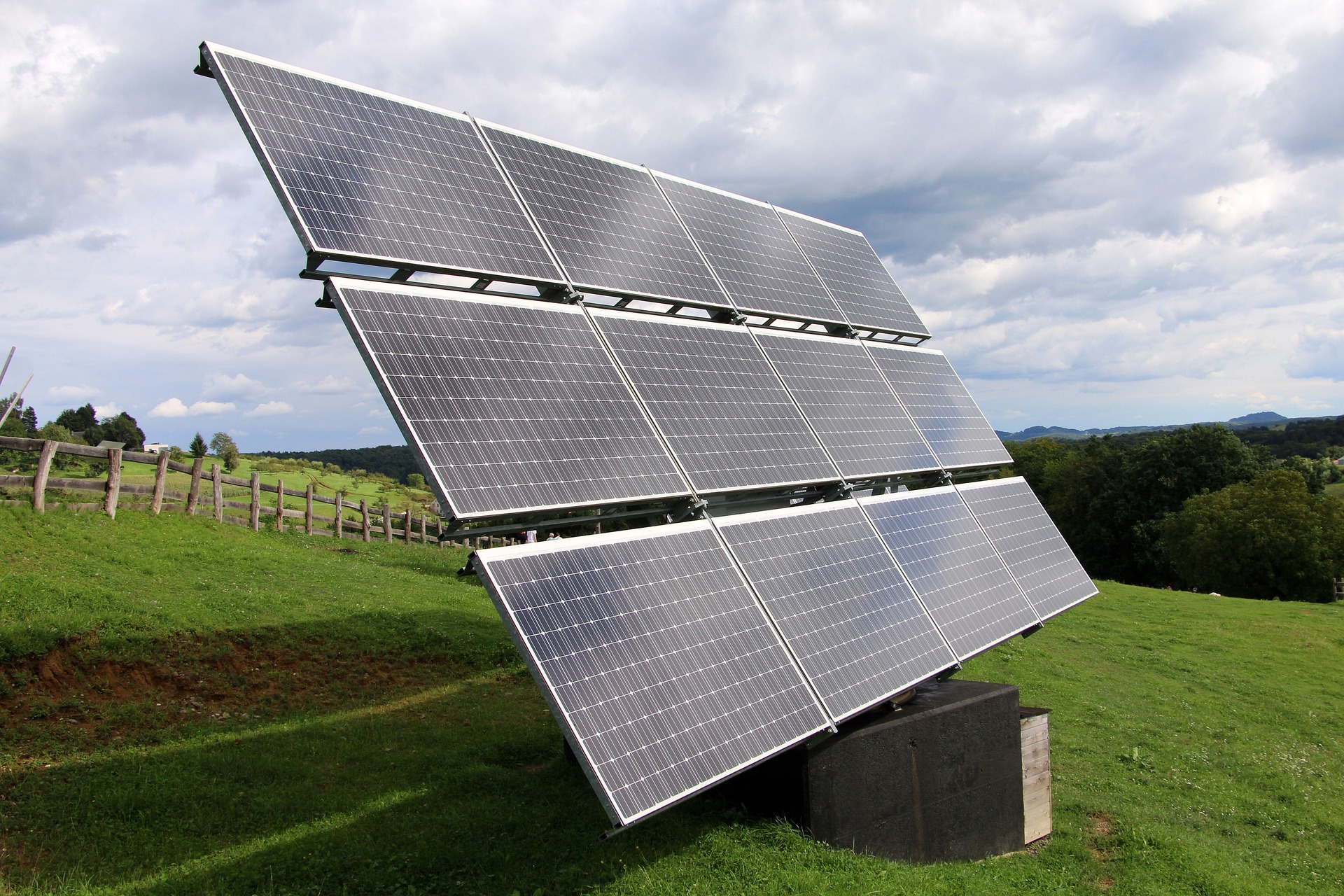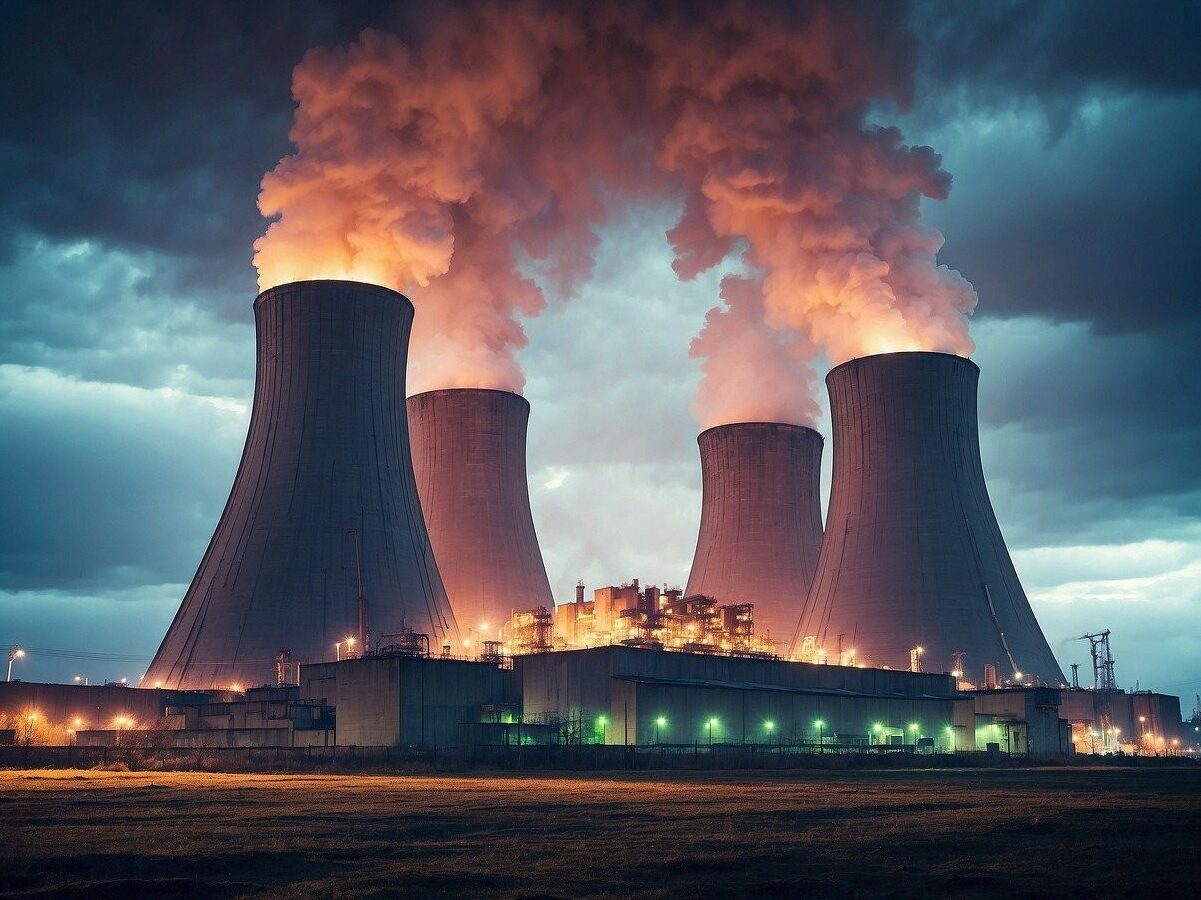A Comprehensive Guide to the Lifespan of Solar Panels
Solar energy is rapidly becoming one of the most popular and sustainable options for generating electricity. As more homeowners and businesses turn to solar power, understanding the lifespan of solar panels is crucial for making informed investment decisions. How long do solar panels last? What factors influence the lifespan of solar panels? How can you maximize their efficiency over time? In this comprehensive guide, we’ll explore these questions and provide you with actionable insights to ensure that your solar energy system remains a valuable and enduring asset.
The Average Lifespan of Solar Panels
Solar panels are designed to be long-lasting, with most manufacturers offering warranties that guarantee performance for 20 to 25 years. However, this doesn’t mean that the lifespan of solar panels stops after two decades. In fact, many solar panels continue to generate electricity well beyond their warranty period, often lasting 30 years or more.
The key factor to consider is that the lifespan of solar panels experience a gradual decline in efficiency over time. This phenomenon, known as degradation, typically reduces a panel’s ability to generate electricity by about 0.5% to 1% per year. After 25 years, a solar panel might still produce around 75% to 87.5% of its original output, depending on the rate of degradation.
Factors Affecting the Lifespan of Solar Panels
Several factors influence the efficiency and lifespan of solar panels. Understanding these factors can help you take proactive steps to extend the life of your solar energy system.
Quality of Materials and Manufacturing
The quality of the materials used in the construction of solar systems plays a significant role in their durability and longevity. High-quality panels are built with robust materials that can withstand environmental stressors such as UV radiation, temperature fluctuations, and mechanical impacts. Similarly, reputable manufacturers adhere to strict quality control standards, ensuring that their panels are more resilient and less prone to defects.
Tips for Maximizing the Lifespan of Solar Panels:
- Choose panels from well-known manufacturers with strong warranties and a reputation for quality.
- Look for certifications that indicate adherence to international quality standards, such as IEC (International Electrotechnical Commission) certification.
Installation Quality
The way solar systems are installed can greatly impact the lifespan of solar panels. Poor installation practices can lead to issues such as improper wiring, inadequate mounting, and insufficient ventilation, all of which can shorten the lifespan of solar panels.
Tips for Maximizing the Lifespan of Solar Panels:
- Hire experienced and certified installers to ensure that your panels are mounted securely and correctly.
- Ensure that there is adequate spacing between the roof and the panels to allow for proper ventilation, which helps prevent overheating.
- Request a post-installation inspection to verify that the system has been installed according to best practices.
Environmental Factors
Solar panels are designed to endure various weather conditions, but some environments are more challenging than others. Factors such as extreme temperatures, high humidity, heavy snowfall, and saltwater exposure (for coastal installations) can accelerate the degradation, thereby shortening the lifespan of solar panels.
Tips for Maximizing the Lifespan of Solar Panels:
- Choose panels that are specifically designed for your local climate, such as those with enhanced resistance to salt corrosion for coastal areas.
- Consider installing protective features, such as snow guards or anti-reflective coatings, to shield your panels from environmental stressors.
- Regularly clean your panels to remove debris, dirt, and other contaminants that can affect their efficiency.
Maintenance and Monitoring
Regular maintenance and monitoring are key to ensuring that your solar panels continue to operate efficiently over their lifespan. While solar systems require minimal maintenance, neglecting routine inspections can lead to issues such as dirt buildup, loose connections, or shading from nearby trees, all of which can reduce their efficiency and lifespan.
Tips for Maximizing the Lifespan of Solar Panels:
- Schedule annual inspections to check for any signs of wear, damage, or performance issues.
- Keep your panels clean by removing dust, dirt, leaves, and bird droppings that can block sunlight and reduce efficiency.
- Trim any overhanging branches or vegetation that could cast shadows on your panels and reduce their output.
- Use a monitoring system to track the performance of your solar panels in real-time, allowing you to detect and address any issues promptly.
Solar Panel Degradation Rates: What You Need to Know
As mentioned earlier, solar panels degrade over time, resulting in a gradual reduction in efficiency. The rate of degradation can vary based on several factors, including the quality of the panels, environmental conditions, and maintenance practices.
Initial Degradation
The first year of a solar panel’s operation typically sees the highest rate of degradation, often ranging from 1% to 3%. This initial drop in efficiency is known as “light-induced degradation” (LID) and occurs as the panels adjust to their new operating conditions. After this initial period, the rate of degradation stabilizes and becomes more gradual.
Long-Term Degradation
After the first year, the degradation rate usually stabilizes to around 0.5% to 1% per year. This means that after 25 years, a solar panel might still produce approximately 75% to 87.5% of its original output. However, some high-quality panels have been shown to degrade at even lower rates, retaining up to 90% of their initial efficiency after 25 years.
Factors Influencing Degradation Rates
Several factors can influence the degradation lifespan of solar panels, including:
- Quality of materials: Higher-quality materials tend to degrade more slowly.
- Environmental conditions: Harsh climates can accelerate degradation.
- Installation practices: Proper installation can help reduce the impact of environmental stressors on the panels.

Understanding Solar Panel Warranties
Warranties are an important consideration when investing in solar panels, as they provide assurance of the product’s longevity and performance. There are typically two types of warranties associated with solar panels:
Performance Warranty
A performance warranty guarantees that the solar panels will produce a certain percentage of their original output over a specified period, usually 25 years. For example, a panel with a 25-year performance warranty might guarantee at least 80% of its initial output at the end of the warranty period.
Product Warranty
A product warranty covers defects in materials or workmanship and typically ranges from 10 to 25 years. If a panel fails due to a manufacturing defect within the warranty period, the manufacturer will replace or repair the panel at no cost to the owner.
When choosing solar panels, it’s important to consider both types of warranties. A longer performance warranty indicates the manufacturer’s confidence in the long-term efficiency of their panels, while a longer product warranty provides peace of mind that any defects will be covered.
Extending the Lifespan of Your Solar Panels
While solar systems are designed to last for decades, there are steps you can take to maximize the lifespan of solar panels and ensure that they continue to provide reliable energy for as long as possible.
Regular Cleaning
Keeping your solar panels clean is one of the simplest yet most effective ways to maintain their efficiency. Dirt, dust, leaves, and bird droppings can accumulate on the surface of the panels, blocking sunlight and reducing their output. Regular cleaning helps to ensure that your panels receive maximum sunlight and operate at peak efficiency.
Cleaning Tips to Extend the Lifespan of Solar Panels:
- Use a soft brush or sponge and a mild detergent to clean the panels. Avoid abrasive materials that could scratch the surface.
- Clean the panels early in the morning or late in the evening when they are cool to prevent thermal shock.
- If your panels are difficult to access, consider hiring a professional cleaning service.
Monitoring and Maintenance
Installing a monitoring system can help you keep track of your solar panels’ performance in real-time. This allows you to identify any issues, such as a sudden drop in output, and address them before they become serious problems. Regular maintenance checks, such as tightening loose connections and inspecting for damage, are also essential for maximizing the lifespan of solar panels.
Monitoring Tips to Extend the Lifespan of Solar Panels:
- Use a monitoring app or system provided by your solar installer to track your system’s performance.
- Set up alerts for any significant changes in output, so you can quickly respond to potential issues.
- Schedule professional maintenance inspections at least once a year.
Protecting Against Environmental Damage
Environmental factors such as extreme weather, saltwater exposure, and shading can all impact the efficiency and lifespan of solar panels. Taking steps to protect your panels from these factors can help extend their life.
Protection Tips to Extend the Lifespan of Solar Panels:
- If you live in a coastal area, choose panels with enhanced corrosion resistance to withstand saltwater exposure.
- Install snow guards or anti-reflective coatings to protect your panels from snow accumulation and glare.
- Trim trees and remove vegetation that could cast shadows on your panels and reduce their output.
Investing in Quality Components
The quality of the components used in your solar energy system, including inverters, mounting hardware, and wiring, can affect the overall lifespan of solar panels. High-quality components are more durable and less likely to fail, reducing the risk of damage to your panels.
Investment Tips to Extend the Lifespan of Solar Panels:
- Choose components from reputable manufacturers that offer strong warranties.
- Consider the long-term benefits of investing in higher-quality components, even if they come at a higher upfront cost.
- Consult with your installer to ensure that all components are compatible and meet industry standards.
The Future of Solar Panel Longevity
As solar technology continues to advance, the efficiency and lifespan of solar panels are expected to improve even further. Researchers are exploring new materials, such as perovskite solar cells, that have the potential to offer higher efficiency and longer lifespans than traditional silicon-based panels. Additionally, innovations in manufacturing processes and installation techniques are likely to contribute to the continued improvement of solar panel durability.
In the future, we may see solar panels that degrade at even lower rates, allowing them to maintain a higher percentage of their original output over several decades. This could make solar energy an even more attractive and cost-effective option for homeowners and businesses looking to reduce their carbon footprint and energy costs.
Summary
Understanding the factors that influence the lifespan of solar panels is essential for anyone considering or currently using solar energy. By choosing high-quality panels, ensuring proper installation, and following best practices for maintenance and protection, you can maximize the efficiency and lifespan of solar panels.
As solar technology continues to evolve, staying informed about new developments and advancements will help you make the most of your investment. Whether you’re planning to install a new solar energy system or looking to optimize an existing one, taking proactive steps to extend the lifespan of solar panels will ensure that you enjoy reliable, sustainable energy for years to come.
Investing in solar power is not just a commitment to renewable energy—it’s a long-term investment in a cleaner, more sustainable future. By understanding and optimizing the lifespan of your solar panels, you can contribute to that future while reaping the benefits of lower energy costs and reduced environmental impact.
If you found this post insightful, make sure to explore our other articles: “Understanding AC and DC in Solar Power“, “Problems with Lithium Batteries in Cars: What You Need to Know“, “The Rise of Solar Power Scams“
Learn more: Materialpathways


